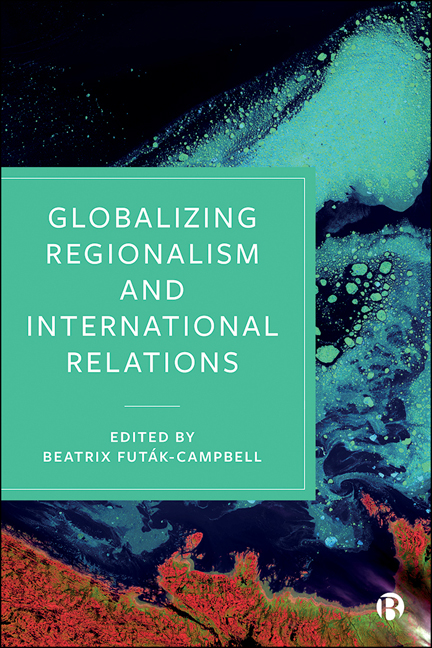9 - The Rise and Fall of an Emerging Power: Agency in Turkey’s Identity-Based Regionalism
Published online by Cambridge University Press: 21 December 2021
Summary
Since the late 1990s, there has been considerable interest in regionalism, regionalization and the role of Global South in world politics, global order, and international relations (IR) theorizing. Prominent IR scholars have called for analytical and normative studies on increasing regionalism and contribution of regional configurations to the world order. Aspiring to go beyond the classical models of regional integration based on the European experience, which characterized early scholarship of regionalism (for an overview of earlier approaches, see, for example, Rosamond, 2000), the studies on ‘new regionalism’ have focused on the challenges to and multiple dimensions of regionalism. Among them are, for example, those that pinpoint different forms of institutionalism, and those approaching regionalism from a number of constructivist and critical perspectives (Mansfield and Milner, 1997; Laursen, 2003, 2010; Wiener and Diez, 2009).
Most of these studies on regionalism have pointed to regional dynamics in relation to and as a result of globalization. The focus mainly on economic aspects has led to the analysis of the emergence of new regions, such as those defined by the Association of Southeast Asian Nations (ASEAN) and the North American Free Trade Agreement (NAFTA), and of the regional and transnational role of leading states like China and India. Such studies are similar to those on Europe and the European Union (EU), in that they mainly explore economic indicators, such as economic integration, degree of industrialization and growth. There have also been studies on specific regions in relation to the new conceptualizations of ‘region’ and ‘regionalism’. In this respect, works by Amitav Acharya and Peter Katzenstein regarding regionalism in Asia in particular have become leading studies in providing both theoretical innovation and a foundation for comparative regionalism (Acharya, 2001; Katzenstein, 2005).
In the same vein, other scholarship has explored the contribution of emerging and rising powers to enhancing the legitimacy of the global order through their increased participation and agency in both regional and international cooperative schemes. In this respect, studies focusing on the role of the combined economies of Brazil, Russia, India, China and South Africa (BRICS) as well as on a range of individual countries, such as Indonesia, China, South Korea, India, Mexico and Turkey, have been commonplace.
- Type
- Chapter
- Information
- Globalizing Regionalism and International Relations , pp. 207 - 232Publisher: Bristol University PressPrint publication year: 2021

